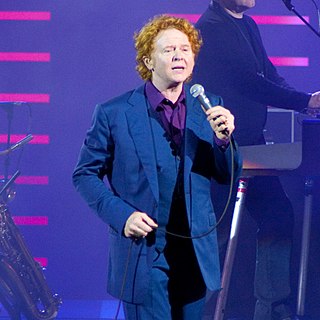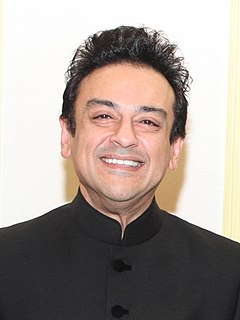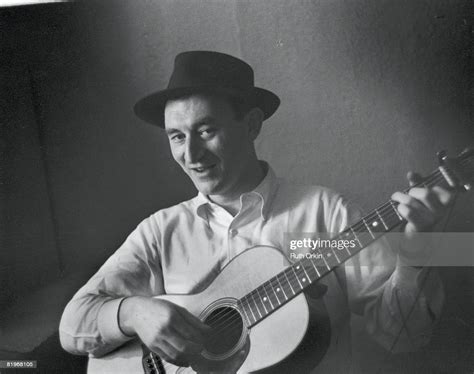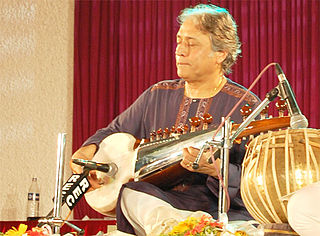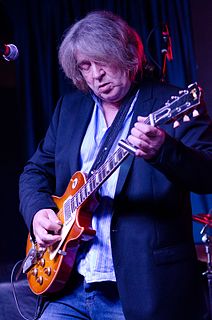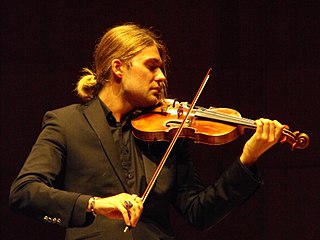A Quote by Kiesza
You cannot go wrong by learning classical music because it trains the ear.
Related Quotes
We're dealing with music that is being played by traditional instruments in a specifically built building called a concert hall.
But classical is not - the reference is wrong, because classical on one hand refers to one period in musical history, which is Mozart, Hayden, Beethoven, which is a fine period in musical history, but it was a while ago.On the other hand, it sort of alludes to some kind of "class," which A, is not true; B, is kind of detrimental to the whole idea. Because the point is that this music is available and it's actually relatively reasonably priced.
A lot of my colleagues just don't really realize that they have to work in order to get the interest of an audience, especially with young kids, especially because it [classical music] is not that popular. You don't see it on TV, you don't hear it on radio, so you really gotta put an effort into promoting classical music.

